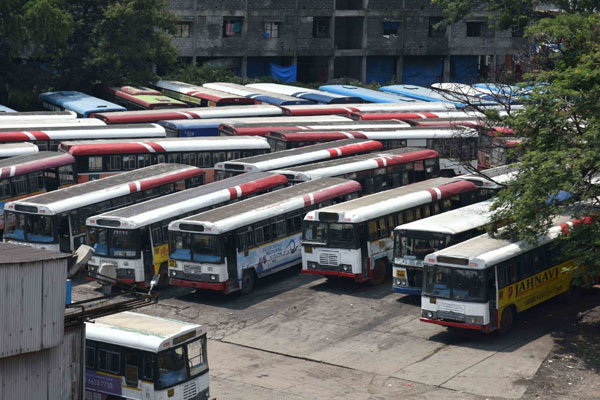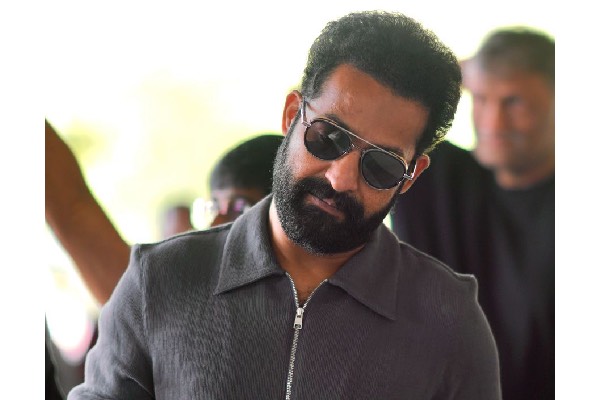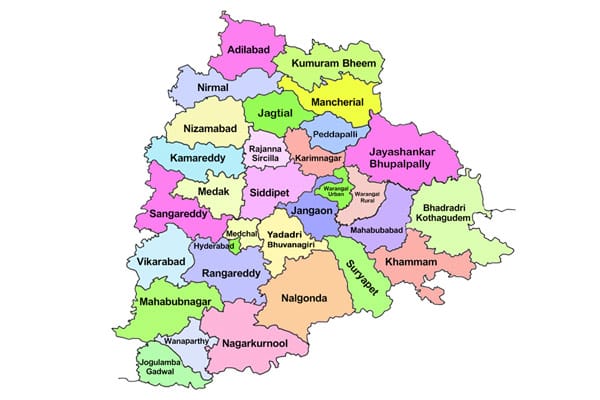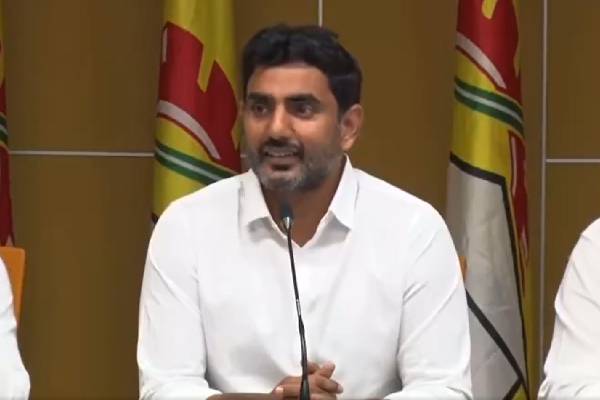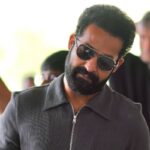
The Telangana electoral arena is witnessing one of the worst forms of abusive verbal exchanges between the ruling TRS and the Congress led opposition.
As the chief minister KCR leads such a discourse, his lieutenants are much more provoked to hurl abuses at political rivals.
As the media, especially the social media give disproportionate prominence due to the inherently sensational character of abusive political discourse, the opposition leaders do not wish to lag behind in an election season.
The consequence is much more felt in social space where supporters of either camps going berserk in their criticism of political opponents. The steep degeneration in the language of political discourse is transforming elections into a personality feud rather than an issue centric one. ‘Thief’, traitor, smelling the faeces, licking what was vomited, cheater, swindler, juggler, trickster, crook etc., and many more words in popular telugu dialect of the region which may not have appropriate English equivalents have been added to the political lexicon. Such an unabashed degeneration has a danger of turning into a model for popular discourse rendering disservice to not just to democracy but even to the civilized social living.
Political parties in a bid to attract the attention of the electorate resort to this uncivilised behaviour . Often the pretext is that they are speaking the language of people. This is nothing but an affront to the dignity of the commoner.
As the parties are now becoming the proprietorial concerns of the leadership, the followers of these parties are more loyal than the master. The second rank leaders and even other down the line think that speaking in such a language would appeal to their leaders too. Thus, the vulgar discourse get magnified.
However, there is no guarantee that such a degenerated language would help anyone electorally. The western research reveals that profanity use reduced perceived persuasiveness of the message(Swearing in Political Discourse ,Why Vulgarity Works).
However, the Indian political leaders firmly believe that such cannot be the hypothesis in Indian situation. Writing in Business Line, Rasheeda Bhagat says that we’d be stupid to think that people are disgusted by such abusive language and epithets used against political rivals. Given the kind of language dominating the Indian political firmament for many years, our voters seem to have developed thick hides. Had the Indian electorate been really offended and punished some of the worst culprits who are only too well known, electioneering bhasha and its nuances would have improved. But on the on the other hand, it seems to be getting worse. Quite paradoxically, if these leaders speak the same language in legislature, it becomes unparliamentarily and shall be expunged from records. In the age of live television, such abusive attacks go uncensored. With the parties and their supporters having dedicated social medial platforms , anti-social discourse get multiplied. The unregulated character of the social media makes the game much more murkier.
Competitive politics further compound the problem. There are people who believe that the Election Commission of India should take stock of such errant behaviour and take deterrent action. But such a close scrutiny and action there in is certainly a difficult task given the magnitude of our elections and the campaigning in it.
However, this trend cannot go unabated. There should be civil society initiative to counter this degeneration in Indian polity. Eminent citizen committees can be constituted to name and shame the leaders who indulge in such a vulgarity . Ultimately such a behavioural problem can only be tackled in a people’s court though statutory bodies can do a lot to stem the rot.
( Prof.K. Nageshwar is India’s noted political analyst. He is a former member of the Telangana Legislative Council and professor in the Department of Communication & Journalism, Osmania University, Hyderabad, India )























